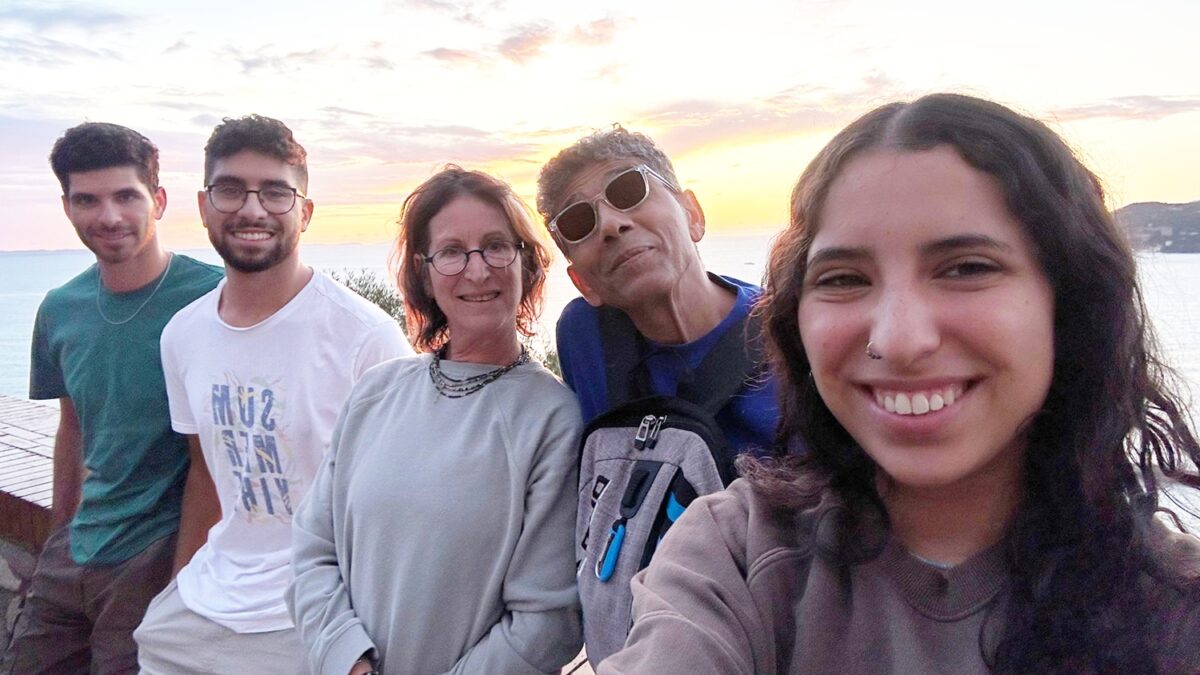
In an interview posted online Tuesday, President Trump said he would designate Mexican drug cartels as foreign terrorist organizations, marking a major shift in U.S. policy toward Mexico, where cartels now exercise effective control of much of the country.
In the interview, with former Fox News has Bill O’Reilly, Trump said his administration has been working on the designation for the last 90 days, well before the massacre of nine American women and children on November 4 by cartel gunmen in the Mexican state of Sonora, not far from the U.S. border. The victims, some as young as eight months old, were members of the LeBaron family, a Mormon community that’s lived and farmed in northern Mexico for decades. One woman was shot point blank as she begged for her children’s lives.
The brazen killings, along with the spectacular defeat of a detachment of Mexican National Guard troops by heavily armed Sinaloa cartel forces in the city of Culiacan in October, have brought increased public attention to violence in Mexico’s and the country’s descent into cartel wardlordlism. Homicides have been at record high the last two years, and Mexican President Andrés Manuel López Obrador has no real plan to combat the cartels or deal with the violence, instead he repeats his facile campaign slogan of “hugs, not bullets.”
Trump’s designation comes just as lawmakers in Washington, D.C. are waking up to the reality that Mexico is in crisis. On Monday, Sens. Ben Sasse and Mike Lee sent a letter to Secretary of State Mike Pompeo, Treasury Secretary Steve Mnuchin, and FBI Director Christopher Wray urging them to level sanctions on the Mexican drug cartels responsible for the massacre.
“While we wait for these butchers to be identified and brought to justice,” the senators wrote, they want the Trump administration to “consider the full and creative use of existing sanction authority” in these departments, citing sanction authority currently authorized under the Kingpin Act and the Global Magnitsky Human Rights Accountability Act.
This is a slightly different approach than the one proposed by House Republicans like Rep. Chip Roy, who in March introduced a bill that would designate drug cartels as foreign terrorist organizations. The freshman congressman, who represents a Texas district not far from the U.S.-Mexico border, has been outspoken about the need to secure the southwest border and combat powerful cartels that Roy says have “operational control” over the border.
Although the bill languished after Roy introduced it, the killing of the American family by cartel gunmen has renewed interest in the proposal. Roy recently told The Daily Caller that there’s been “significant interest” in the bill, which has been adding co-sponsors in recent weeks. And just this week, the LeBaron family launched an official White House petition to designate the cartels as foreign terrorist organizations, as well as a website to raise awareness about the deteriorating conditions in Mexico.
It’s Going to Take More Than Sanctions
Trump, along with Lee, Sasse, and Roy all have the right idea, and it’s certainly worth considering both sanctions on individuals and an official designation of cartels as foreign terrorist organizations as initial steps. But whatever the policies are, the goal should be to send a message to the cartels and the Mexican government that killing any Americans in Mexico will come at a very high cost. That might mean sanctions and freezing U.S. assets of certain cartel-connected businessman and government officials in Mexico, but it could also mean something more robust.
If we’re going to treat cartels like terrorist groups, then there’s no reason not to go after their leaders and networks just as we go after ISIS and al-Qaeda. Unilateral, no-permission special forces raids into Pakistan and Syria took out Osama bin Laden and Abu Bakr al-Baghdadi, and similar capture-or-kill missions could be launched into northern Mexico against the cartels responsible for the LeBaron massacre. Such a move, while certain to provoke international outrage, would nevertheless send a clear message to the cartels that killing Americans isn’t worth it.
Currently, the FBI is assisting Mexican authorities in their investigation of the killings, at Mexico’s request. But let’s be honest: cartel crimes almost always go unpunished in Mexico, where less than 15 percent of murder cases are ever even brought to court. The Mexican government’s investigation will almost certainly come to nothing, with or without FBI involvement.
To be sure, going to war directly with the cartels would be a major foreign policy and national security undertaking, and it would come with considerable risk. But what’s certain is that the status quo in Mexico is untenable. Whether treating Mexican drug cartels like terrorist groups takes the form of sanctioning them or going to war with them, the United States can no longer ignore them.









